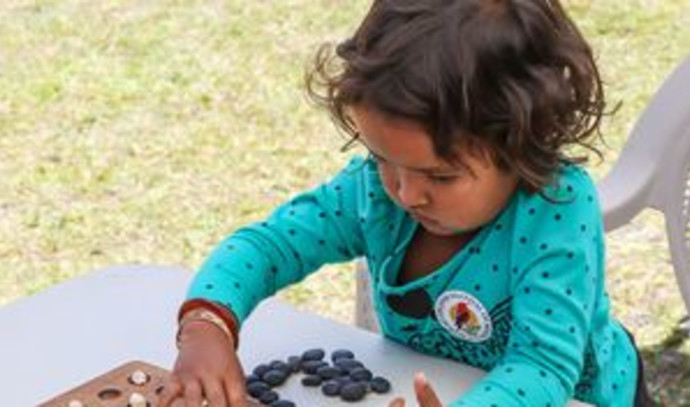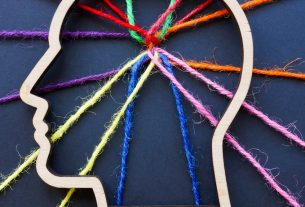Board games may be the secret to improving children’s maths skills, according to a study published last month.
The peer-reviewed study, published in the academic journal Early Years, reviewed research collected over the last 23 years. In total, the researchers examined secondary data from 19 studies published from 2000 onward.
Previous research has already proven that board games are a great learning tool to improve a child’s literacy, but this research shows that they are also great for a child’s numeracy skills as well.
What did the researchers find?
Children aged from three to nine years old that play numerical board games have an easier time learning and practicing counting, addition, and value recognition.
Children receive the greatest benefit if they play these games a few times a week with the supervision of an adult.
“Board games enhance mathematical abilities for young children,” said author Dr. Jaime Balladares, from Pontificia Universidad Católica de Chile. Additionally, as the authors of the study note, “using board games can be considered a strategy with potential effects on basic and complex math skills.”
Children that attended the board games sessions with researchers had improved mathematical skills by 52% compared to their pre-session math levels. Additionally, in 32% of cases, the children who played the games gained better results than those who did not.
“Using board games can be considered a strategy with potential effects on basic and complex math skills,” write the authors of the study. “Board games can easily be adapted to include learning objectives related to mathematical skills or other domains.”
There remain, however, challenges to implementing games designed for these positive outcomes. Creating and implementing games that have that will achieve the desired outcomes in students, particularly very young students, can be difficult.
The classroom ecology can be a difficult environment from which to extract concrete, scientific data regarding games. The researchers noet that future studies should strive to innovate new “ways to collect data to generate a big picture about the impact that board games have on developmental skills.”



